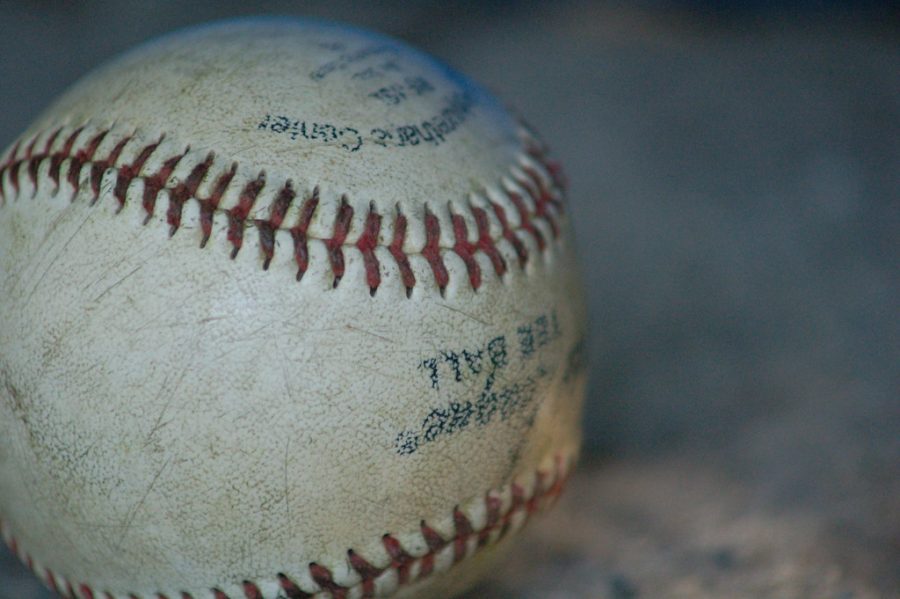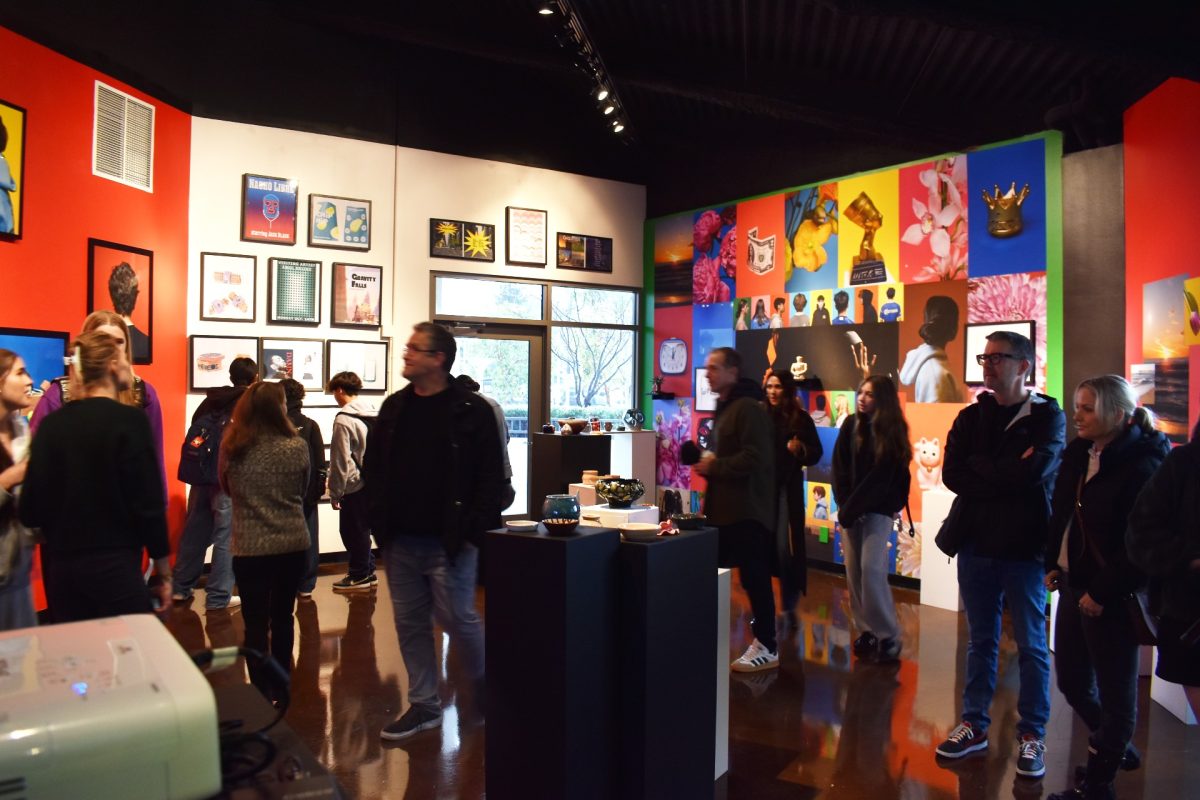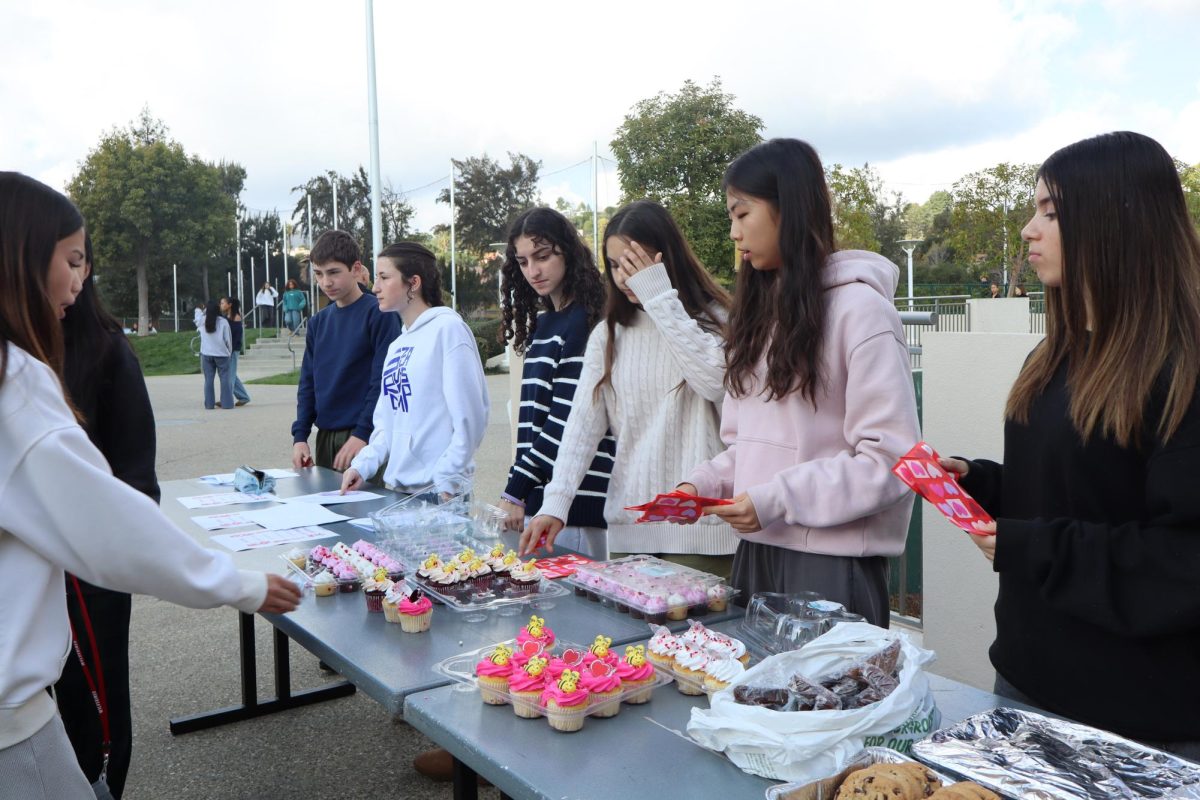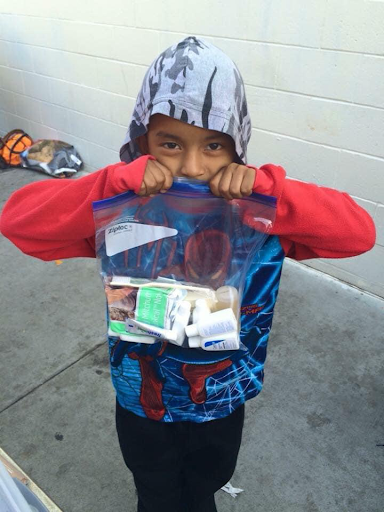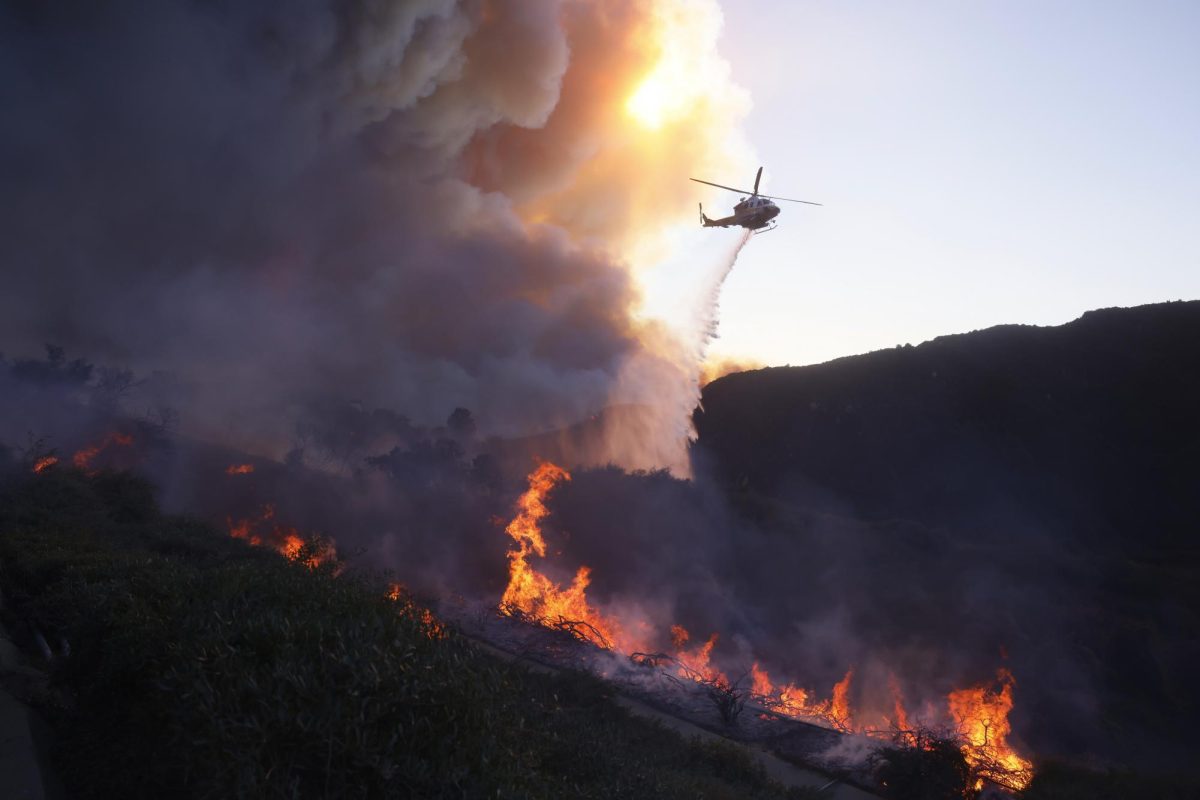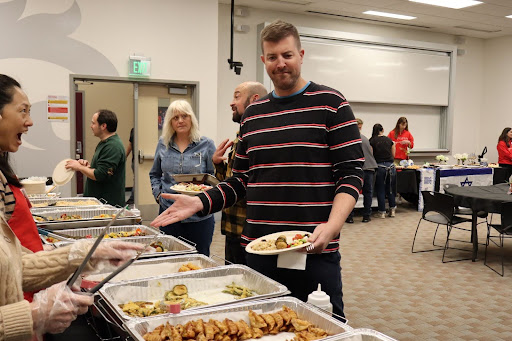COVID-19 has had a profound effect on everyone, one of the largest groups being athletes. The NBA created a bubble in Orlando, the MLB incorporated constant testing, and the NFL utilized contact tracing and testing to stop the spread while in competition.
While these solutions worked relatively well for these leagues, they are not all possible when it comes to high school athletics. As cases in Los Angeles continue to spike, seasons continue to get pushed back, and it looks less and less likely that they will happen. That being said, what could be the effect of a year away from sports?
From a physical standpoint, it is clear that an athlete can’t be in shape to compete, especially if they aren’t doing anything on their own. For example, a lack of cardiovascular exercise can lead to a large decrease in stamina, which is extremely detrimental in nearly every sport. When sports practices started in March, coaches tried to address this by putting a clear emphasis on physical conditioning, according to baseball player Sammy Glassman ‘24.
“When we started practicing for baseball, one of the ways our coach had us get ready for the season was running a mile after almost every practice,” Glassman said.
A year without sports would only increase this problem, as many athletes could find it hard to motivate themselves to work out, especially if there was no goal such as a match to look forward to. Stamina is not the only issue, however, as losing muscle mass is also a concern for athletes isolating in their homes. A 2012 study from the European Journal of Applied Physiology found that muscle mass begins to drop off after three weeks without training. While some Harvard-Westlake (HW) athletes have gym equipment at home, they generally cannot lift weights or use specialized equipment like they would at school.
“Over the summer the wrestling team participated in virtual workouts, lifts, and team bonding experiences,” Lucas Lee ‘21 said in an interview. “We lifted several times a week in order to stay fit and build muscle for the season, which was particularly important to coach Junior. A lot of the workouts revolved around cardio and heavy sets with a lot of repetition. Coach Junior also engaged the seventh and eighth graders during our stance and motion training.”
Finally, it is very hard for athletes to train and get reps like they would at school. For example, in a sport like baseball, it is nearly impossible to simulate fielding a ground ball while quarantining at home.
“At home, I am only able to hit baseballs off of the tee, whereas at school, I am able to hit live off of the pitching machine in the batting cage,” Glassman said. “I also am not able to do the same exercises that I would be able to do in the weight room at school because I don’t have the same weights and machines.”
The loss of a sports season is especially stressful for athletes attempting to play sports at a collegiate level. The NCAA has banned in-person recruiting visits to campuses, so many athletes have been forced to get creative to show off their talents. Skills videos have grown increasingly popular. These videos utilize a mix of old film and drills being done at a public park, or sometimes at home. It has also become increasingly important for student-athletes to create an online presence on a social media platform such as Twitter or Instagram to stay connected with college coaches.
“I think it [a postponed season] affects everyone,” Lee said. “When you have lots of athletes who are collectively unable to play their sport, aside from the club opportunities, I find it interesting that the athletes who already have film out and connections with coaches will ultimately have an upper hand in that process. However, at the same time, everyone is equally disadvantaged to a certain extent with not having a season so I think it makes it more difficult for students who haven’t made a name for themselves, while for others it makes it easier.”
While it may seem like taking any time off is bad news, Lee thinks that there are definitely a few positives that could come from it.
“I think for the team a few weeks off can be helpful,” Lee said. “We can focus on our GPAs and our grades as the first semester comes to a close. Not having as much practice or a commute always benefits the academic side.”
Although a canceled season is the last thing student athletes want to happen, at this point it is definitely a possibility. It may be discouraging, but HW athletes must stay motivated and continue to work and become better athletes so they don’t lose their skills when it comes time to finally get out there and compete.
